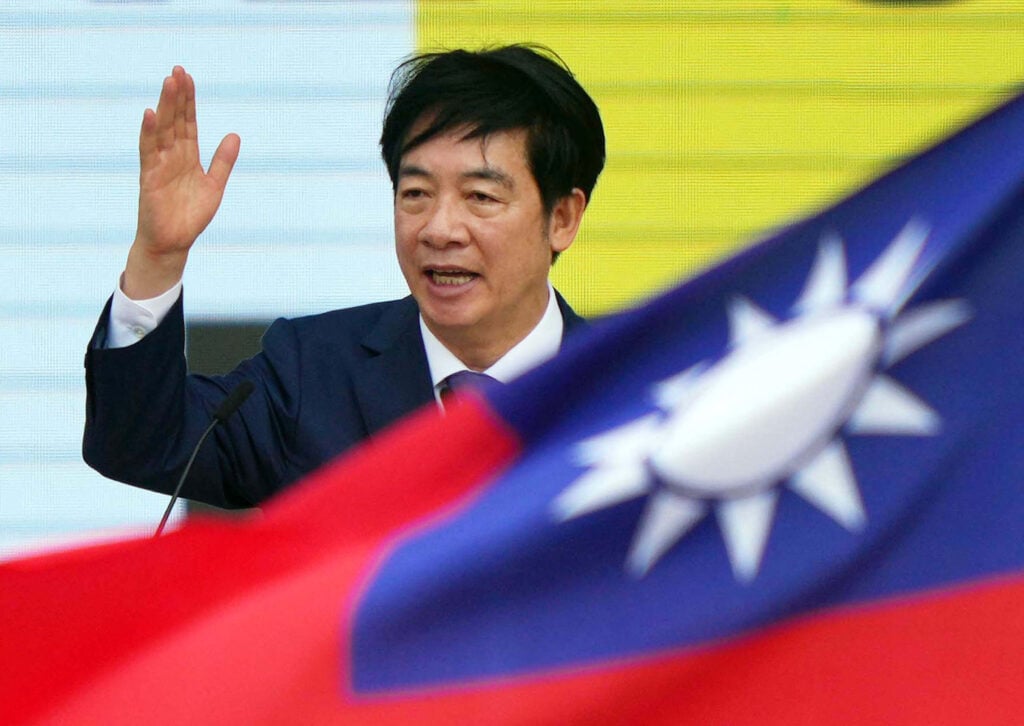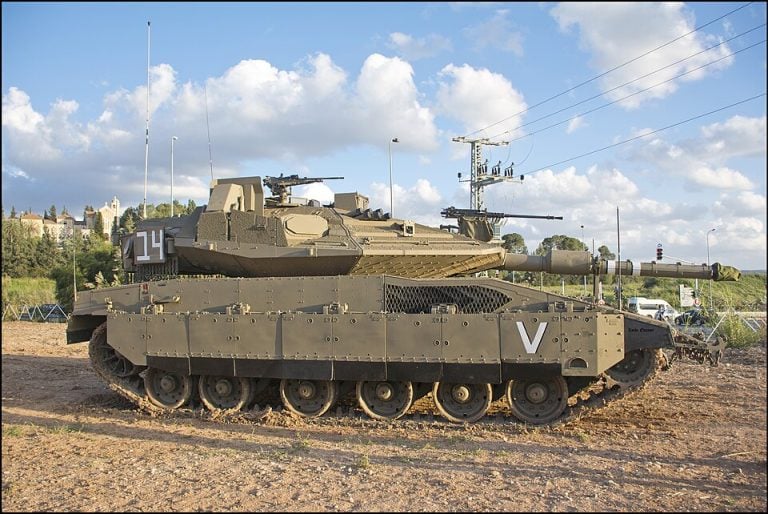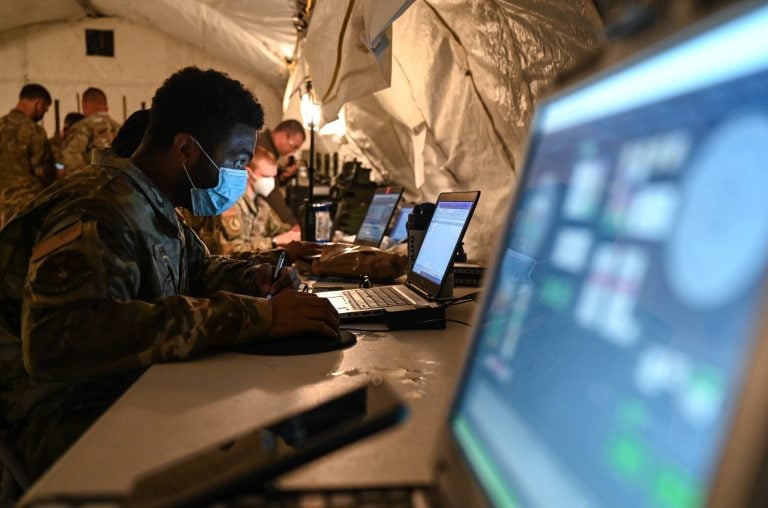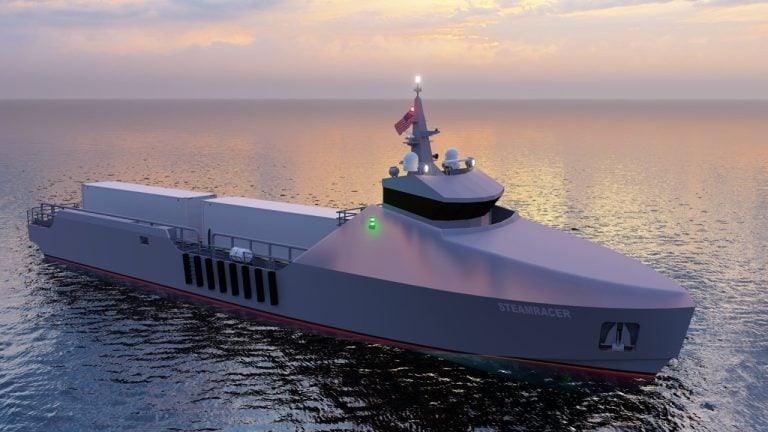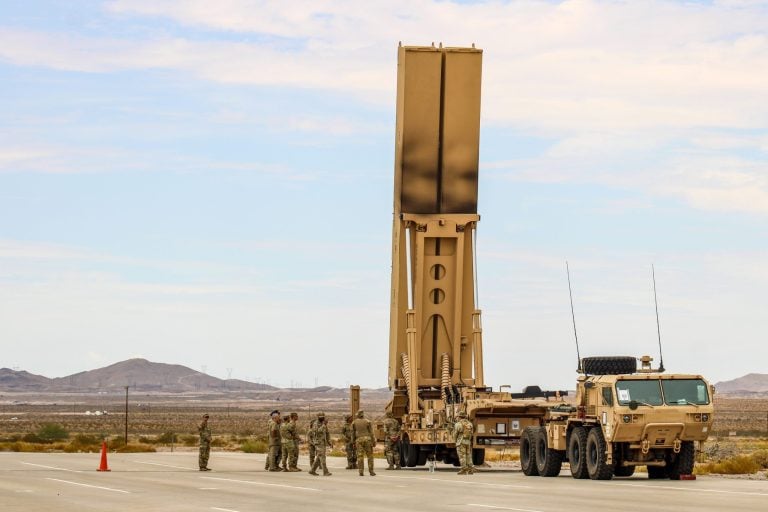Taiwanese President Lai Ching-te, marking his first year in office on Tuesday, reaffirmed the island’s commitment to engage with China on equal terms while emphasizing the need to enhance its national defense. Lai, known for his firm stance on Taiwan’s sovereignty and criticized by Beijing, articulated a strategy of “preparing for war to avoid war,” aiming to bolster Taiwan’s economic resilience amid growing tensions with the mainland.
During his address, Lai expressed Taiwan’s willingness to communicate with Beijing if discussions can occur with “parity and dignity.” Despite this openness, previous overtures to China have been met with rejection. He stressed the importance of peace, stating, “There are no winners in war,” while also acknowledging the need for robust defense capabilities to counter any potential threats.
Lai’s address comes at a time when China has ramped up military drills around Taiwan, asserting its claim over the island. The Taiwanese coast guard issued warnings of potential “cognitive warfare” tactics employed by China to undermine public confidence as Lai commemorated his inauguration.
In response to external pressures, particularly from Washington to shift manufacturing operations to the U.S. and address trade imbalances, Lai outlined plans to diversify Taiwan’s economic markets and boost domestic consumption. He also introduced the idea of establishing a sovereign wealth fund to invigorate the economy, though specifics regarding its size were not disclosed.
Domestically, Lai faces challenges due to a turbulent political landscape, with the opposition Kuomintang (KMT) labeling him a “dictator” and accusing his administration of moving Taiwan closer to armed conflict with China. Conversely, Lai’s party, the Democratic Progressive Party (DPP), alleges that the KMT operates as an extension of Chinese influence, jeopardizing Taiwan’s security.
Tensions between parties have escalated into confrontations within the parliament and large-scale protests from both DPP and opposition supporters outside the legislature. In light of this political discord, Lai has called for enhanced collaboration among political factions and proposed that his national security team provide regular briefings to opposition leaders to foster a unified approach to national challenges.
Observers noted that Lai’s messaging has shifted to a more cautious tone, avoiding provocation and seeking to lower tensions amid geopolitical uncertainties. Analysts highlighted that Lai’s approach reflects an intention to navigate Taiwan’s fragile position delicately.
Lai’s approval ratings have seen a decline, dropping to 45.9 percent from 58 percent a year ago, a trend linked to dissatisfaction with the government’s strategies regarding U.S. trade policies and legislative challenges posed by the KMT. His disapproval ratings have mirrored this trend, reaching their highest point since he assumed office.
The DPP is actively pursuing a recall campaign against approximately 30 KMT lawmakers, seeking to regain control of parliament. Meanwhile, the KMT has initiated its own recall efforts targeting DPP members, with allegations of signature forgery adding to the controversy surrounding these political maneuvers. As tensions escalate, including the KMT’s threats to recall Lai himself, the political landscape in Taiwan remains fraught with challenges.
